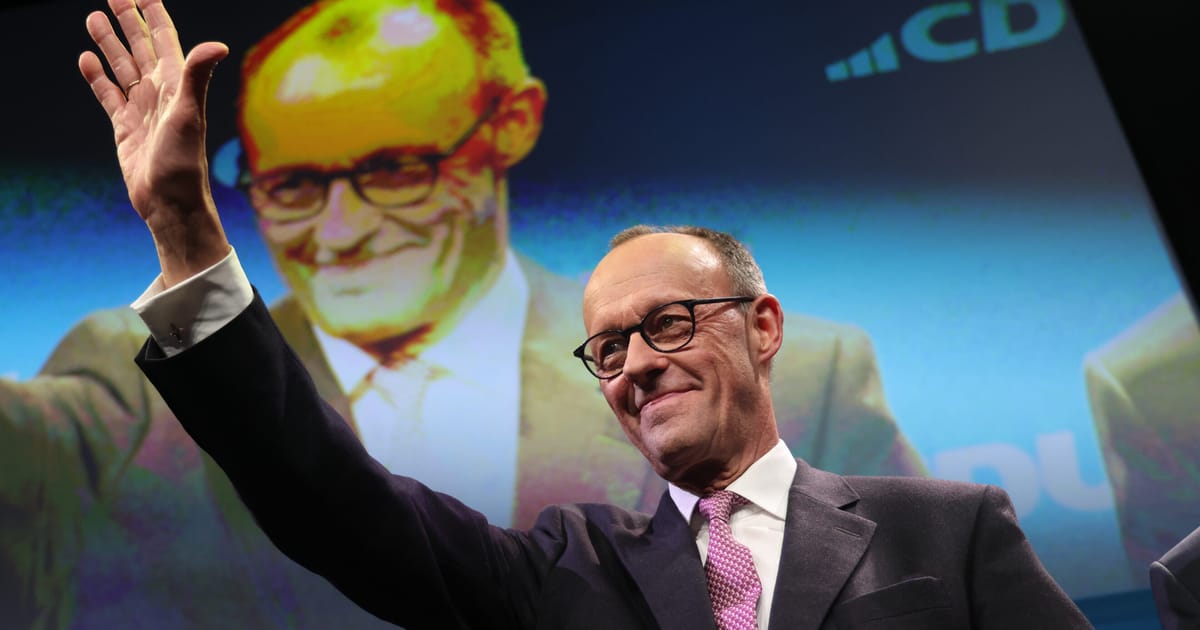“Merz is rare in Germany for presenting Trump’s re-election as a justification for transatlantic engagement,” wrote Jeremy Cliffe and Jana Puglierin in a think piece for the European Council on Foreign Relations.
Cliffe and Puglierin added one rider: “He recognises that the transatlantic relationship must change radically to survive, with a more balanced burden of responsibility.”
Even if Trump is willing to parley, Merz would need to win over Paris to the cause — and that looks an impossibly tall order at a time when France is digging its heels in over ratifying a long-awaited free-trade agreement finalized in December with Mercosur, a South American bloc that groups Argentina, Brazil, Paraguay and Uruguay.
“We have to overcome our dispute on Mercosur,” Merz told the World Economic Forum in Davos last month, saying he was in regular close contact with Macron.
No kowtow to China
Merz has taken a less pliant line on China than Scholz, whose Social Democratic Party, or SPD, has close ties to Volkswagen. The country’s biggest automaker has fallen off the pace in China, its largest market, and faces a moment of truth as its local competitors take a commanding lead in electric vehicles both there and on the world market.
Merz has served notice that no German carmaker is too big to fail and ruled out any possible bailouts.
